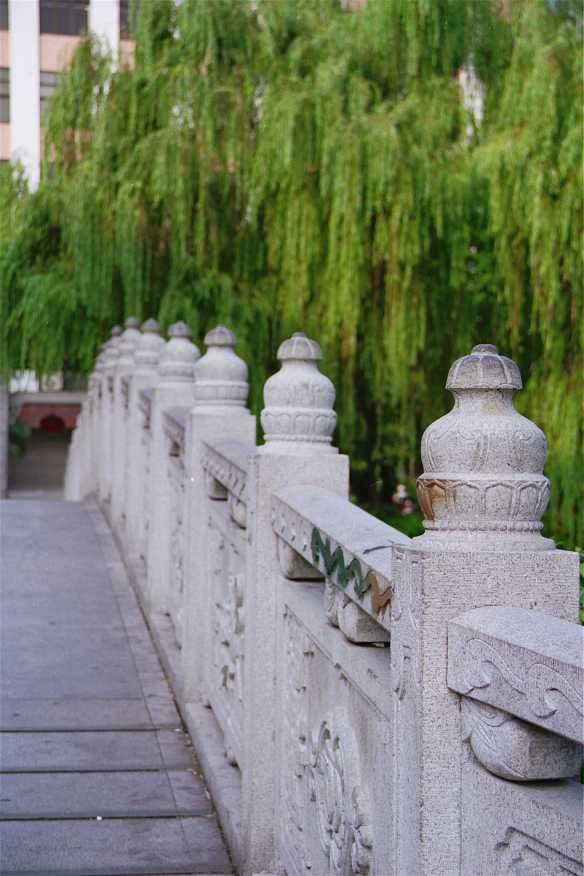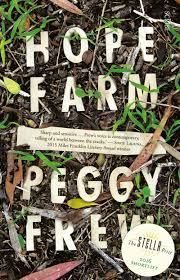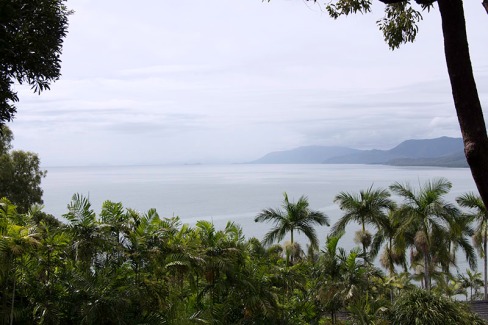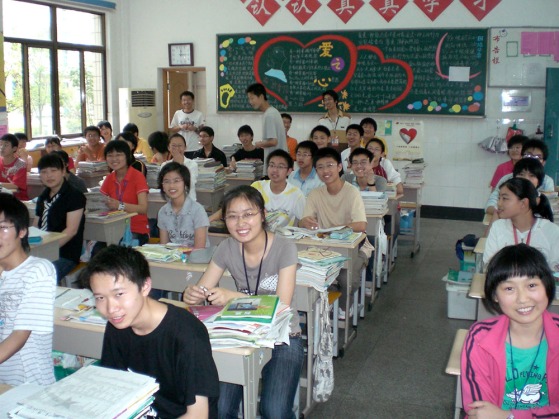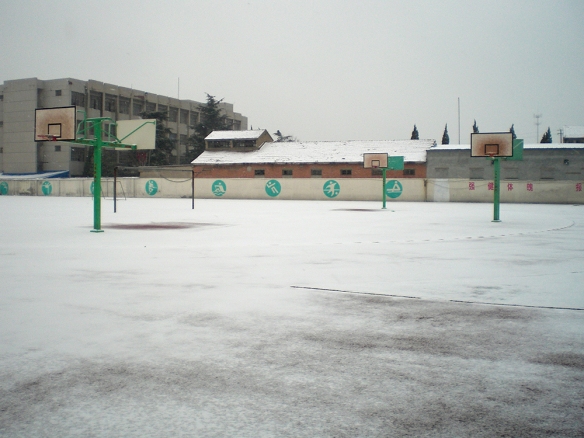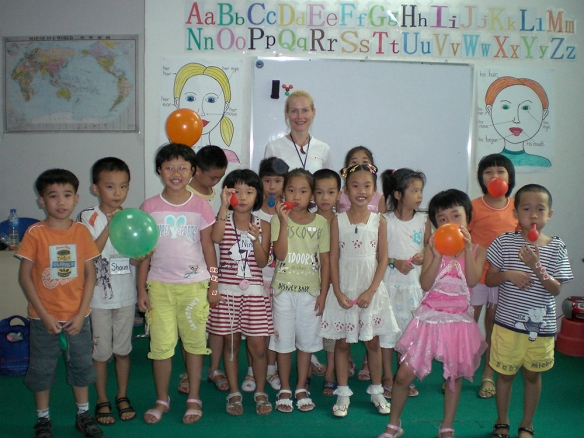There’s been a lot of talk recently about the film, The Hotel Coolgardie, and reactions have been strong. It’s a documentary that looks at the experiences of two backpackers working in the pub in Coolgardie, in the goldfields of Western Australia, and the girls’ experiences with the locals. I went to see the film (which I recommend seeing) and it reminded me of when I worked at a pub in Kambalda, a long time ago. Kambalda is south-west of Coolgardie, also in the goldfields region. Several years ago, I wrote a short story about the experience and I thought I’d share it with you. It was an experience that taught me a lot about myself, about judgement based on first impressions of others, and that ultimately we are all human.
I’m a long way from home. The breezy beaches of the Sunshine Coast are far behind me, fast becoming a distant memory. Flat plains dotted with saltbush shrubs have replaced green mountain ranges. Tall eucalypts stand in place of pandanus palms. The smell of salt on the wind is gone. Instead, dust tickles my throat. Here in the ‘one horse town’ of Kambalda, as my dad calls it, there’s a pub, supermarket, post office, Chinese restaurant and not much else. Five years ago, my parents moved to this western side of Australia and I’ve decided to visit for a year or so.
‘I’m bored. I need a job,’ I announce at dinner.
Mum frowns at me. ‘You just got here. Why don’t you take some time to relax?’
‘I think I’ll apply at the pub.’
Dad puts down his fork and knife. ‘Are you sure that’s a good idea?’
‘I’ve got four years’ bar experience.’
‘That’s not what I meant.’
‘Well, what did you mean?’
He clears his throat. ‘I just don’t think a bar full of drunk miners is a good place for you to be right now… especially after what you’ve been through.’
‘I want to do it.’
‘They’re a rough mob out here.’
‘I’ll be fine, Dad. The customers aren’t Steve. They aren’t going to hurt me.’
My father looks away. ‘Fine, do what you want.’
‘Dessert anyone?’ asks my mother.
I sigh. Neither of them is comfortable discussing my alcoholic ex-boyfriend. Perhaps I was wrong to confide in them, to burden them with something they can’t comprehend, let alone fix.
From the outside, the Kambalda Hotel is an unassuming building that gives no indication of the true goings-on within. During my interview, the manager brags that the hotel has the longest bar in Western Australia. While there’s no denying its length, I’m more surprised to see that it still holds to traditional Australian culture with the men’s public bar separated from the ladies’ lounge. The rules are no longer enforced, yet on my first night at work not one woman comes through those doors. The bar has that all too familiar smell of stale beer, the carpet is worn and stained, some plastic tables and chairs huddle near the windows and banks of stainless steel fridges line the back wall.
‘Why don’t the beer fridges have glass doors?’
‘Because on a rowdy night these bastards are likely to throw barstools and glasses over the bar,’ answers Tracey, the girl assigned to showing me the ropes. She’s a skinny thing with a rubbish tip mouth.
It’s Monday night, traditionally the quietest night of the week. Where I come from, anyway. Slowly, a few customers drift in for the six o’clock knock-off drink. By seven the place is packed.
‘What’s going on? Why’s it so busy?’ .
‘It’s skimpy night,’ Tracey replies, pushing past me to serve someone.
‘What night?’
‘Skimpy night. The new skimpy arrives every Monday. It’s the busiest night of the week.’ She gives me a look that I can’t read.
The demand for beer ends our conversation. A crowd of burly bodies radiating testosterone jostle for space at the bar. Gouged and creviced faces leer at me and I notice several smiles punctured by broken teeth. Kambalda is not where the pretty people live.
The energy in the room escalates. When I stand on a milk crate to get a can of Emu Export from the back of the beer fridge, a cheer goes up from the rabble behind me.
‘Oi, luv, what’s your name?’ asks one of the hard faces softened by beer.
‘My name is Heidi, ya,’ I answer in a German accent, flapping my long blonde plaits for emphasis.
‘So, Heidi, where are you from?’
‘I’m from Germany, ya.’ I’m certain he’s going to call me on my game, but he doesn’t. He believes me. Oh, shit.
The name sticks and for the rest of the night I answer to calls of ‘Heidi, give us a beer’, using it as a cover until I can work these men out, because they’re a scary bunch. There’s a hardness to them, a menace that I’ve not encountered before. Their language makes my ears burn, and I’m not a girl easily embarrassed by the words bitch and fuck.
A roar erupts from the crowd. My jaw drops and my heart stops. A young girl, dressed only in a black lace bra and G-string, enters the bar and starts serving beers. The men are in a lather now, cat-calling, waving money and whistling. The girl works the bar from end to end, pulling beers and playing a game of tossing one and two dollar coins. If she wins the call, she keeps the money. If she loses, she shows the man with the money her nipples. For a fiver she’ll rub ice on them. I don’t understand the appeal because the entire bar gets to see her nipples when she loses a coin toss but the men vie for her attention, eager to have their turn.
‘What’s your name?’ I ask her. We’re pouring beers from the same bank of taps; it feels rude not to talk to her. Plus, I’ve noticed that Tracey’s been giving her the evil eye for a couple of hours now.
‘I’m Sarah,’ she says with a wink. ‘You?’
‘Heidi.’ I wink back.
I find out later that her name is Emily. She never uses her real name for these skimpy jobs. She’s only twenty-three, same age as me, and started travelling around Australia a year ago. Her visa expires soon, but she’s out of cash, so she’s doing the skimpy gig as a quick way to pay for her ticket back to the UK.
As the night progresses, Tracey gets more aggressive. The death-glare morphs into her ‘accidentally’ shoulder-nudging both Sarah and me. One drunken miner waves a fiver in the air to tempt Sarah over. Tracey snatches the money from his hand.
‘I’ll show you a decent set of tits!’ She whips up her T-shirt and waggles her breasts at him.
The men howl with appreciation.
‘See, I’ve got better tits than you, bitch,’ she hisses at Sarah.
‘Blimey, what’s her problem?’
I shrug and roll my eyes.
‘See you tomorrow, Heidi.’
I nod.
As the last call announcing ‘Bar’s closed’ echoes through the room, Sarah slips away into the bowels of the hotel.
It’s my day off and, in need of some alone time, I decide to do a little exploring. The land here is so different; like the people, it’s rugged, hard and uncompromising. The wind blowing in off the desert carries the heat of a fan-forced oven that extracts all moisture, turns skin into tissue paper and evaporates all energy leaving lethargy in its wake. Sparse eucalypts and saltbushes struggle to protect themselves from the onslaught of the sun. Red Hill’s ochre earth brazenly juts up against a cerulean sky, its crowning metal tower a surreal sculpture in this landscape devoid of human presence. Out on Lake Lefroy, a blinding glare reflects off the thick saltpan, which crunches beneath my feet. I pick up a handful of salt and the flakes shimmer like crystals. It’s barren out here; the only evidence of life is in death. By the banks lie poor, wretched creatures trapped in salt-crusted sarcophaguses. The desolation is palatable. My mind drifts across the horizon, back to Mooloolaba and I flinch at memory. It’s too raw. The last thing I need is time to mull over why I’m here, in the middle of nowhere. Dusting the salt off my hands, I drive to the pub and ask for extra shifts. That should distract me for while.
Mum’s started fretting about the amount of time I spend at work, or more precisely, in the pub and so to appease her, I offer to take her out for lunch.
‘Dad, how far is Kalgoorlie from here?’
‘Oh, not far. Just down the road,’ he answers.
For me, just down the road means a five-minute drive. I discover that five years in outback Western Australia has changed my father’s perspective on distances. It takes almost an hour to get to Kalgoorlie. After a morning spent window shopping and walking the streets of ‘Kal’, as my mother calls it, I decide to stop in at a pub for a counter meal and a beer. Mum hesitates. She might be used to cleaning the Kambalda Hotel but she certainly doesn’t frequent pubs. The place is empty except for two men bent over their beers at the bar. I find her a table overlooking the street, with plenty of light, and order drinks at the bar. The two men look up from their ales. I nod a greeting and give a quick polite smile. They continue to stare. I pay for the drinks and am about to walk away when one of them speaks.
‘Your hair’s beautiful,’ he slurs.
‘Pardon me?’
‘Your hair, it’s beautiful.’
‘Oh, thanks.’ This is awkward.
‘It’s so long and blonde.’
‘It looks so soft,’ interjects his buddy.
Okay, now it’s getting creepy.
‘Can I touch it?’
‘I’m sorry, what?’
‘Can I touch your hair?’
‘Ah, see that stuff on your head? Feels just the same, boys. Honest.’ With that I walk away and hustle mum out the door to find a café for lunch instead.
As the weeks pass, I get used to skimpy nights, the showing of flesh and men’s desires laid bare on the bar. I even get used to the vibrant language that the customers use as everyday discourse. My rising popularity with the miners stings the egos of the local girls, however, and they retaliate by relegating me to what’s known as the animal end of the bar. These drinkers are more feral and ferocious than the general crowd. I’ve seen beer cans and glasses pegged at the bar girls and fights are common. I don’t relish my new section, but I’ve been taught well in the art of pulling a beer and I can sass with the best of them. The ‘animals’, it turns out, just want a little attention and their beer served with a smile. My relief at winning them over is short lived.
‘Hey, Heidi, will you go out to dinner with me?’ asks Mick, one of the most foul-mouthed men I’ve ever met.
Crap.
‘Sweetie, that’s very kind, but I can’t.’
‘Why not?’ Bloodshot eyes glare at me as scarred fingers crunch in the sides of a beer can. His friends lean in to listen.
‘Well… it’s against company policy.’
‘Ay?’
‘I’m not allowed to date the customers because if I say yes to you and no to someone else it could cause problems in the bar. You see?’ I hold my breath, wait for his response.
He eyeballs me as he thinks it over. ‘Yeah, I get it. ’Cos them other arseholes would get jealous and I’d have to fuckin’ kick their heads in.’
I give him a quick wink. ‘That’s right.’
Of course, there is no such policy at the hotel, but this becomes my standard response whenever a drunk patron asks me out.
During quieter shifts these fierce men lose their bravado. I discover that they are damaged: they’re men with broken hearts; men who’ve lost loved ones to break-ups and friends to suicides; men who have known abused childhoods. Bawdy behaviour is their shield. They’re here to make big money at the mines and dream of a better life, once they’ve done their time. But when they aren’t working, they’re in the pub drinking to forget, searching for a little kindness, a woman’s touch, something to take the pain away. I know a thing or two about bravado—my own wounds are carefully hidden behind a repertoire of bar-bitch sass, smiles and flippant remarks.
‘So Heidi, I reckon some arsehole hurt you real bad,’ says Mick, through his alcohol-induced fog.
‘Why’s that?’
‘You don’t date anyone and you’re hangin’ in a bar with a bunch of bastards like us. You deserve better.’
His keen perception hits a nerve and I blink back unexpected tears. ‘We’re all running from something, Mick.’
‘You got that right.’
A sense of understanding passes between us. We’re similar creatures, protecting ourselves in the only way we know how.
‘Heidi, give us a fuckin’ beer,’ snarls Pete, pulling up a stool next to Mick.
‘Mind your fuckin’ manners, Pete. This is Heidi, not them other bitches.’
Pete’s face loses its aggression. ‘Sorry, Heidi. Can I have a fuckin’ beer, please?’
‘Sure thing, sweetie.’ I flash him a smile. It’s time to get back to the business of beer and tending to thirsty men.
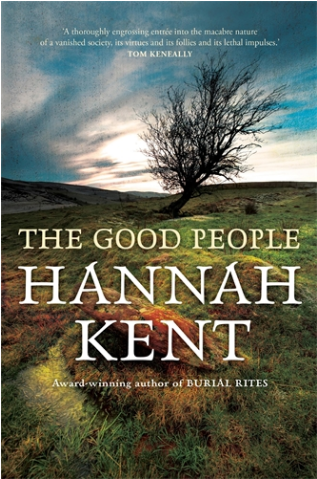 Simply brilliant. That’s how I’d describe this book. Evocative and touching with simmering darkness, Hannah Kent’s The Good People is a fabulous piece of historical fiction inspired by true events.
Simply brilliant. That’s how I’d describe this book. Evocative and touching with simmering darkness, Hannah Kent’s The Good People is a fabulous piece of historical fiction inspired by true events. 

